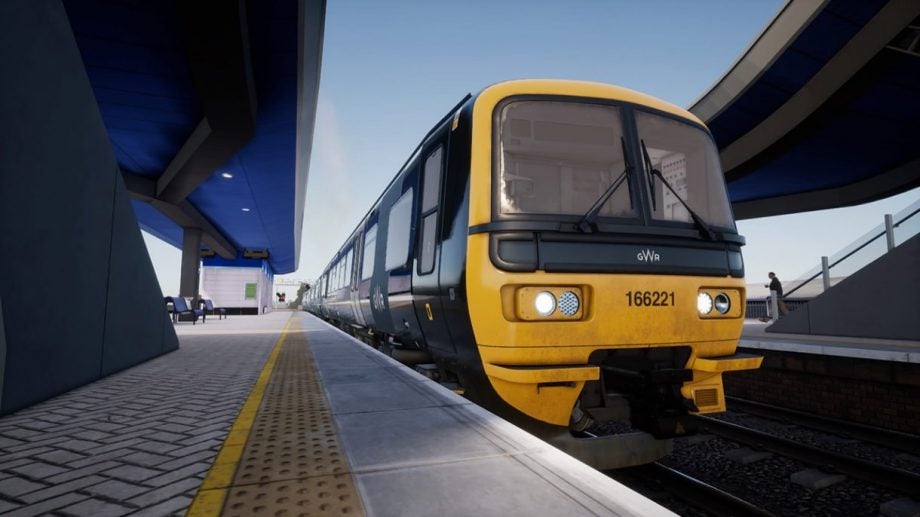The dream of fast and functional internet on UK trains just died

The UK government has dropped plans for a new 5G-based system that could have provided that holy grail of fast and reliable internet connectivity across the rail network.
A £35m Trans Pennine Initiative (TPI) had hoped to help deliver the government’s aim of uninterrupted 1Gbps internet speeds on all UK mainline train routes before the middle of the next decade.
However that part of the project – which was a joint venture between Network Rail, the Local Full Fibre Networks (LFFN) and 5G Testbeds & Trials (5GTT) projects – has now been scrapped, according to an update from the Department for Digital, Culture, Media & Sport.
The DCMS says (via ISPreview), the halting of the scheme is pretty much down to mobile networks being unwilling to participate in the scheme. And who can really blame them?
It says the available funding only covered equipment provision, while also requiring the network to remove their equipment at the end of the trial. Not much in it for them, then.
Related: What is 5G?
Unsurprisingly, the government underestimated the costs and complexity of installing the radio infrastructure on the Trans Pennine Route. The three-pronged plan, listed below, now lacks point three, which involved bringing 5G connectivity to trains.
1. An LFFN [local full-fibre networks] focused element, deploying high capacity fibre along the Trans Pennine route from Manchester to York, to provide backhaul capacity for open access points along the route, and test a commercial model for fibre deployment on the railways. It also provides a high capacity inter-connection between the Manchester and Leeds Internet Exchanges, thereby strengthening critical internet infrastructure within the Northern Powerhouse.
2. An upgrade to the existing Network Rail test track (the Rail Innovation and Development Centre, RIDC) at Melton Mowbray, to enable it to trial new technologies including 5G.
3. Passive infrastructure including masts along the Trans Pennine route, to enable radio trials of high quality passenger connectivity on trains.
So, the pipedream of being able to play a YouTube video on the train looks set to continue into the 2020s. Excellent.
Should Wi-Fi be free on all UK trains considering the fare price increase and the ever-worsening service? Surely it’s the least Branson can do right? Let us know @TrustedReviews on Twitter.


